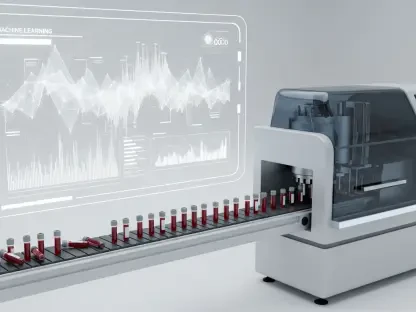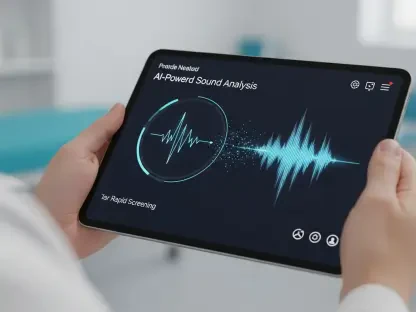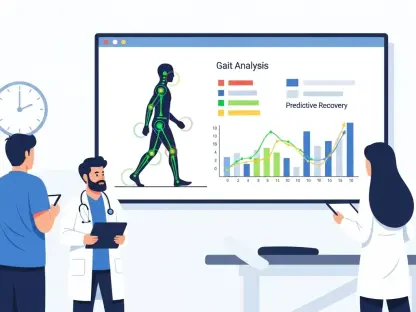In recent months, the world of oncology has witnessed a remarkable milestone, bringing a glimmer of hope to thousands of patients battling advanced lung cancer. With the US Food and Drug Administration (FDA) speeding up approval for a groundbreaking drug, the focus has intensified on a specific protein that might open new therapeutic doors for lung cancer patients. This innovation arrives at a crucial moment, addressing the urgent need for effective treatments for non-small cell lung cancer (NSCLC), a formidable adversary in the realm of public health.
A New Dawn for Lung Cancer Treatment
Non-small cell lung cancer has long stood as a major challenge, affecting a significant segment of the population and contributing to a large number of mortalities annually. The recent approval of telisotuzumab vedotin-tllv speaks to broader trends in the healthcare industry focusing on precision medicine and innovative cancer therapies, offering a fresh perspective in the fight against this high-impact disease. As more personalized approaches become prevalent, the accelerated approval of this drug underscores a shift toward treatments intimately tailored to an individual’s genetic makeup and health profile.
Understanding Telisotuzumab’s Mechanism
Telisotuzumab vedotin-tllv, known commercially as Emrelis, functions as an antibody-drug conjugate (ADC), strategically combining the targeting prowess of antibodies with the efficacy of chemotherapy. This innovative mechanism specifically targets the c-Met protein, known to be an indicator of poor prognosis, prevalent in around 25% of advanced NSCLC patients. Findings from the influential LUMINOSITY trial highlighted its potential efficacy, revealing a 35% overall response rate and a median response duration of 7.2 months among patients exhibiting high levels of c-Met overexpression. The strategic targeting of this protein not only reinforces the drug’s therapeutic potential but also marks an evolution in precision medicine approaches.
Insights from Oncologists and Patient Stories
Experts participating in the pioneering LUMINOSITY trial have shared insightful observations underscoring the drug’s transformative impact. “Emrelis represents a significant step forward in the therapeutic landscape of NSCLC,” an oncologist noted, emphasizing its potential to change patient outcomes significantly. For individuals dealing with advanced stages of lung cancer, personal stories reveal the tangible impact of this treatment, demonstrating marked improvement in quality of life and offering renewed hope in the face of a daunting diagnosis.
Implications for Patient Selection and the Future of Cancer Treatment
The approval of Emrelis is intricately tied to the use of the VENTANA MET (SP44) RxDx Assay, a diagnostic tool approved alongside the drug. This innovation facilitates the identification of patients with high c-Met overexpression, ensuring that only those who stand to benefit the most receive the treatment. The decision highlights a paradigm shift in cancer treatment, signaling a move towards diagnostic precision as a core component of cancer care. Continued research under the FDA’s accelerated approval framework aims to confirm long-term outcomes, ensuring that therapy keeps pace with the evolving needs of patients.
The accelerated FDA approval of telisotuzumab vedotin-tllv signals a promising development in NSCLC treatment, pointing to the potential of precision medicine to enhance patient outcomes in the oncology landscape. Building on this, significant strides remain to be made in refining patient selection processes, perfecting diagnostic tools, and validating therapeutic benefits over extended periods. The momentum generated by this approval offers a foundation for optimism, encouraging stakeholders to pursue further innovations that consistently redefine cancer care’s boundaries.









